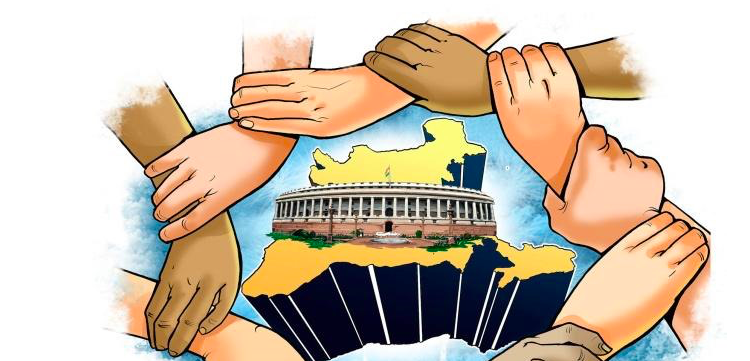In 2025, the relationship between Governors and State Governments in India has witnessed several notable confrontations, highlighting the complex and often contentious dynamics of Indian federalism. These clashes have sparked debates on constitutional roles, political neutrality, and federal autonomy.
⚖️ Constitutional Role of Governors
- Appointed by the President on the advice of the central government.
- Acts as the constitutional head of the state.
- Responsible for:
- Summoning and dissolving state legislative assemblies.
- Giving assent to bills passed by state legislatures.
- Recommending President’s Rule if needed.
🔥 Recent Clashes: Key Examples
1. Delay in Government Formation
- Governors in states like Maharashtra and Punjab faced criticism for delaying invitations to form governments after elections.
- Allegations arose that these delays favored the ruling party at the Centre.
2. Use of Governor’s Discretion in Assembly Dissolutions
- Controversial dissolutions in states with opposition governments, leading to accusations of misuse of powers.
- Example: The sudden dissolution of the legislative assembly in a northeastern state sparked protests and legal challenges.
3. Disputes Over Assent to Bills
- Governors withholding assent to bills passed by opposition-led state assemblies.
- Several such bills on land reforms, reservation policies, and language rights have been stalled.
🧩 Political Context and Impact
| Issue | Effect |
|---|---|
| Perceived Bias | Erosion of trust in the Governor’s office |
| Central vs State Power Struggles | Increased tensions between Union and States |
| Judicial Intervention | Courts stepping in to resolve disputes |
⚖️ Legal and Constitutional Debates
- Governor’s Role: Ceremonial or Discretionary?
Constitutional experts debate the extent of Governor’s discretionary powers. - Need for Reforms
Suggestions include:- Clearer guidelines for Governor’s conduct.
- Fixed tenure protections.
- Greater consultation with the state government.
🔮 Future Outlook
- Growing calls for strengthening federalism and redefining the Governor’s role.
- Possible legislative reforms to limit discretionary powers.
- Enhanced judicial scrutiny to maintain constitutional balance.
📝 Conclusion
The recent clashes between Governors and State Governments underscore the fragility and vibrancy of Indian federalism. Balancing the constitutional roles while respecting political realities is crucial for the health of India’s democracy. Ensuring impartiality and transparency in the Governor’s office will help prevent such conflicts and foster cooperative federalism.
































































